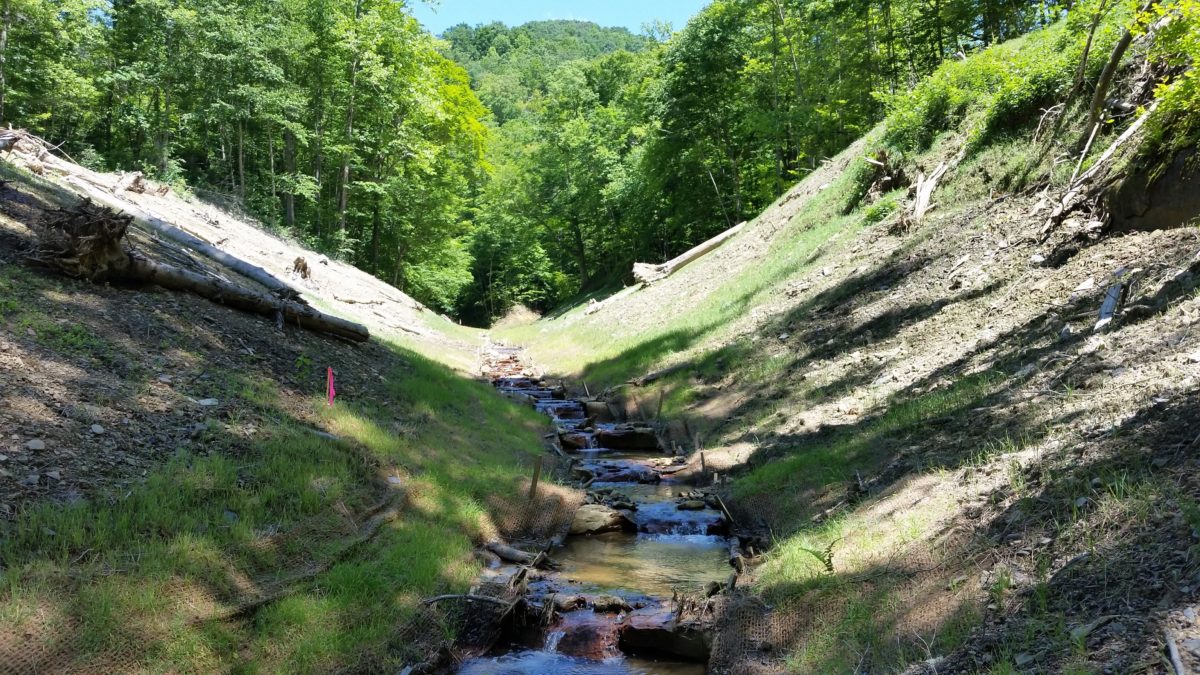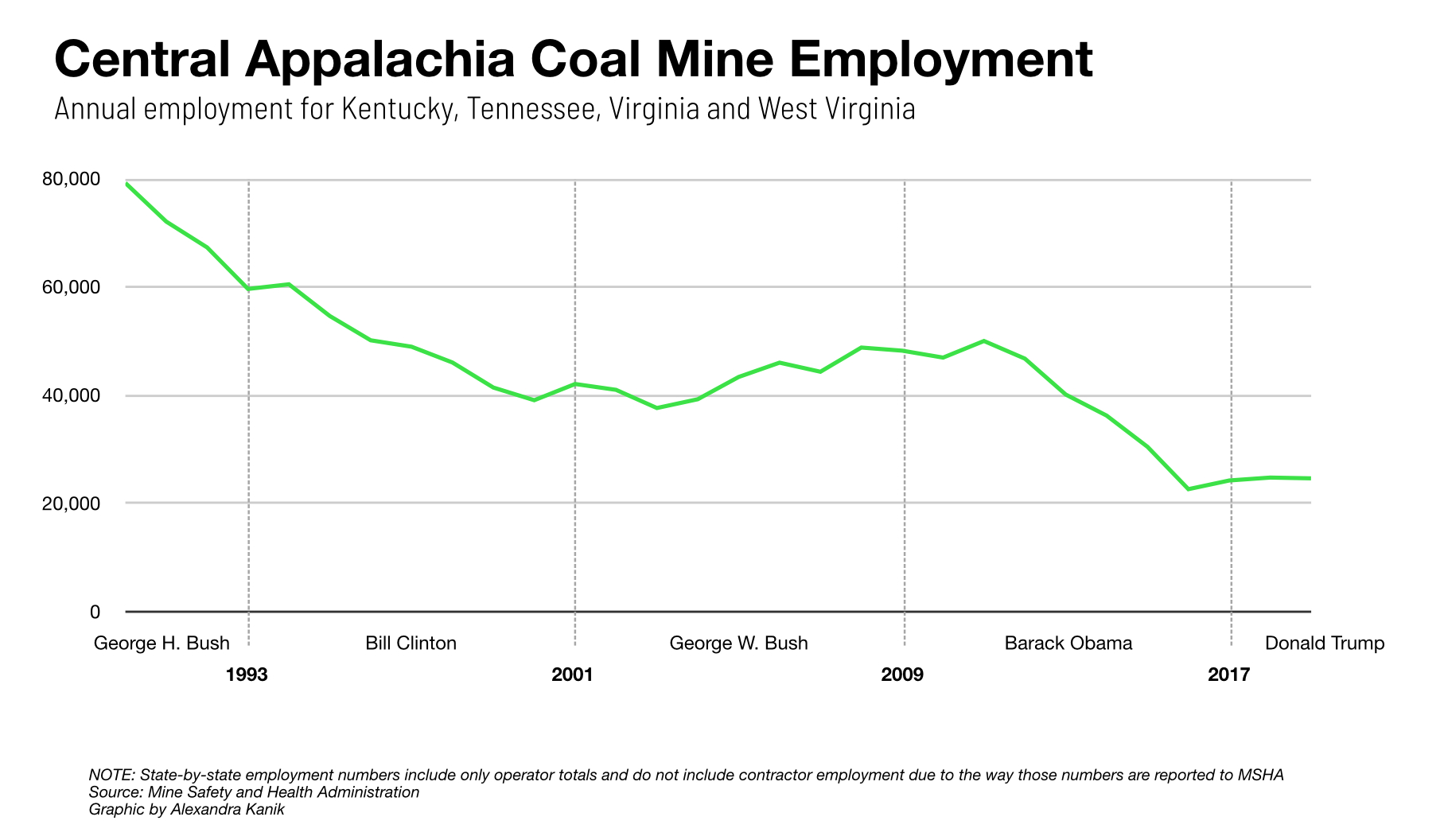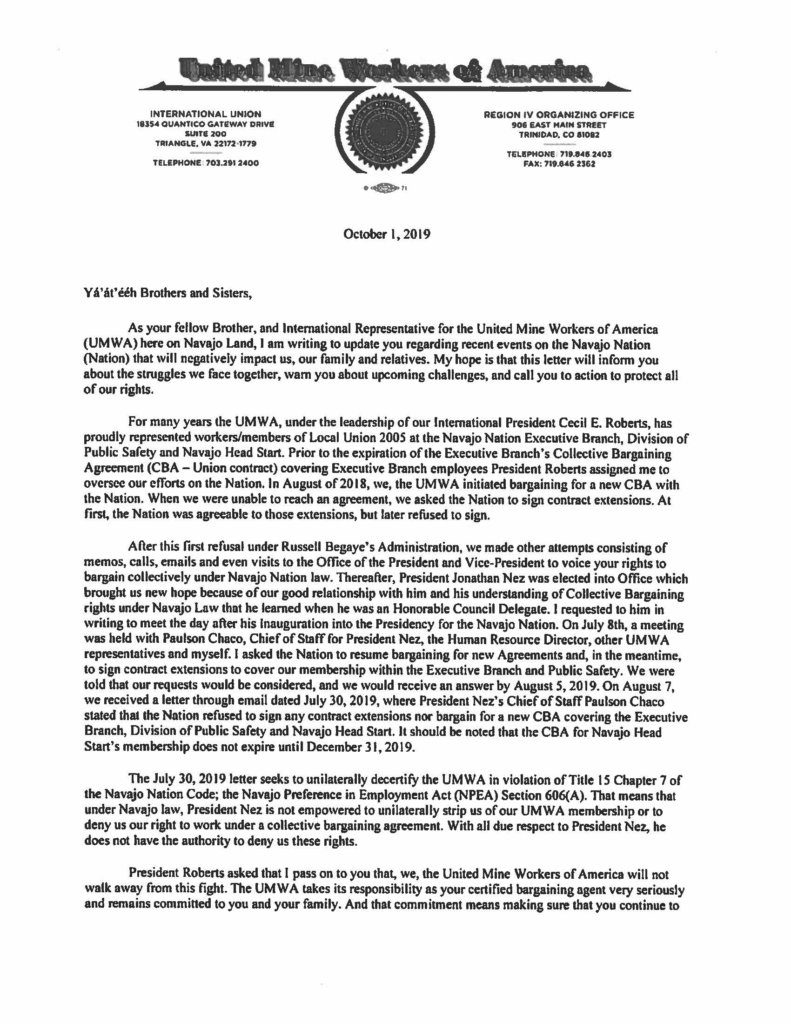Source: S&P Global Market Intelligence
October 30, 2019
Despite its efforts to avoid what its founder once called the “bankruptcy sewer,” Murray Energy Corp.’s parent Murray Energy Holdings Co. followed the path blazed by many of its peers with an Oct. 29 petition for a Chapter 11 bankruptcy reorganization.
The largest privately-held coal producer in the U.S. recorded $542.3 million in EBITDA in 2018 but faces more than $8 billion in potential and actual legacy liabilities alongside $2.7 billion in outstanding funded debt obligations costing the company $298 million in debt expenses annually. In a bid to keep the company operating, Murray Energy filed a voluntary petition for bankruptcy in the U.S. Bankruptcy Court for the Southern District of Ohio.
Former Murray Energy President and CEO Robert Murray, who is being replaced at the company by Foresight Energy LP President and CEO Robert Moore as part of the reorganization, frequently cited the added stress placed on the coal market by the number of companies filing for bankruptcy and discharging their financial obligations. Of the top five coal producers in the U.S. by volume in 2018, only Alliance Resource Partners LP has not been forced to file bankruptcy in recent years.
“There simply are no creative management solutions, operational improvements, or strategic or financial options remaining, even for Murray; the company has exhausted all options and liquidity,” Moore wrote in a bankruptcy declaration.
Foresight is an affiliate of Murray Energy but was not part of the bankruptcy filing.
Moore pointed to the closure of 93 GW of coal-fired power generation in the U.S, the rise of inexpensive natural gas and the growth of wind and solar energy, an overall decline in electricity demand, recent utility companies’ bankruptcy filings and changes in legislative priorities as significant factors deteriorating the market for thermal coal.
“What we’ve seen over the last decades since thermal coal has peaked is significant erosion in demand,” said Benjamin Nelson, senior credit officer and lead coal analyst at Moody’s. “We think that continues out into the next decade with about half of what’s left disappearing over that horizon.”
Meanwhile, along with the rest of the industry, Murray is struggling with deteriorating export markets that Nelson said are showing no signs of turning around soon.
Expanding in coal
In 2014, Murray vowed to be the “last man standing” in coal. In a 2016 interview with S&P Global Market Intelligence, he laid out a plan to keep the “best coal company in the world” out of bankruptcy, but only a few months later reported the company was again on the brink when one of its customers filed for bankruptcy.
Murray Energy grew its thermal coal footprint considerably in recent years — becoming the third-largest producer of U.S. coal along the way —by making large acquisitions of mines from coal companies such as Consol Energy Inc., Armstrong Energy Inc. and Foresight Energy. The company also recently ventured into the metallurgical coal space, taking on assets from Mission Coal Company LLCs bankruptcy reorganization.
The company succeeded for some time, even “outrunning” the industry downturn, Moore wrote. However, the debt and obligations accumulated by the company became too much.
“It’s primarily because of the quality of their assets and they’re low-cost that kept them profitable for a long time,” S&P Global Ratings analyst Vania Dimova said. “What was working against them is this huge, big debt load of almost $5 billion.”
However, Moore wrote that the acquisitions boosted earnings and gave the company additional assets to pledge to creditors in exchange for extending debt maturities. The company continued to purchase thermal coal mines based on “Mr. Murray’s belief that the energy industry would come to appreciate the potential value of high heat bituminous coal.”
“Murray maintains its belief that longer-term demand for coal is underpinned in the United States by a practical requirement that approximately 25% of the power supplied to the electrical grid come from coal power generation to ensure reliable electricity during cold snaps and heatwaves, when other parts of the grid will be less reliable or overly expensive,” Moore wrote.
Coal accounted for about 23.4% of U.S. power generation in August and about 27.3% of generation year-to-date through August, according to a recent S&P Global Market Intelligence analysis.
Murray will finance its operations through the reorganization with cash on hand and access to a new $350 million debtor in possession financing facility. Under its restructuring support agreement, a group of Murray Energy lenders is forming a new entity to serve as a stalking horse bidder to acquire the company assets.
Murray Energy needs the cash infusion to pay vendors who have seen the company delay payments and stretch payment terms in recent months, according to a bankruptcy court declaration from Robert Campagna, a managing director with Alvarez & Marsal North America LLC.
Worker impact
Ohio-based Murray Energy employs nearly 5,500 people across the U.S., including approximately 2,400 active union employees. United Mine Workers of America International President Cecil Roberts issued a statement on the bankruptcy Oct. 29 saying the reorganization comes as no surprise and suggesting that Murray Energy would likely try to throw out its collective bargaining agreement with the union and discharge its obligations to retirees, their dependents and widows as part of the reorganization.
“Now comes the part where workers and their families pay the price for corporate decision-making and governmental actions,” Roberts said. “We have seen this sad act too many times before.”
News of the bankruptcy prompted Sen. Joe Manchin, D-W.Va., to tweet about legislation that would prioritize workers in bankruptcy reorganizations “because companies like Murray Energy are using the bankruptcy laws to shirk their pension obligations.” Moore wrote in the bankruptcy declaration that while the company’s “employees are its lifeblood,” the myriad of obligations to its employees combined with the cost of servicing its debt has substantially reduced liquidity.
S&P Global Ratings and S&P Global Market Intelligence are owned by S&P Global Inc.
Stephanie Tsao contributed to this article.
This article was published by S&P Global Market Intelligence and not by S&P Global Ratings, which is a separately managed division of S&P Global.
Written by: Taylor Kuykendall










